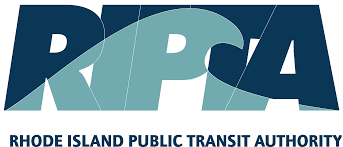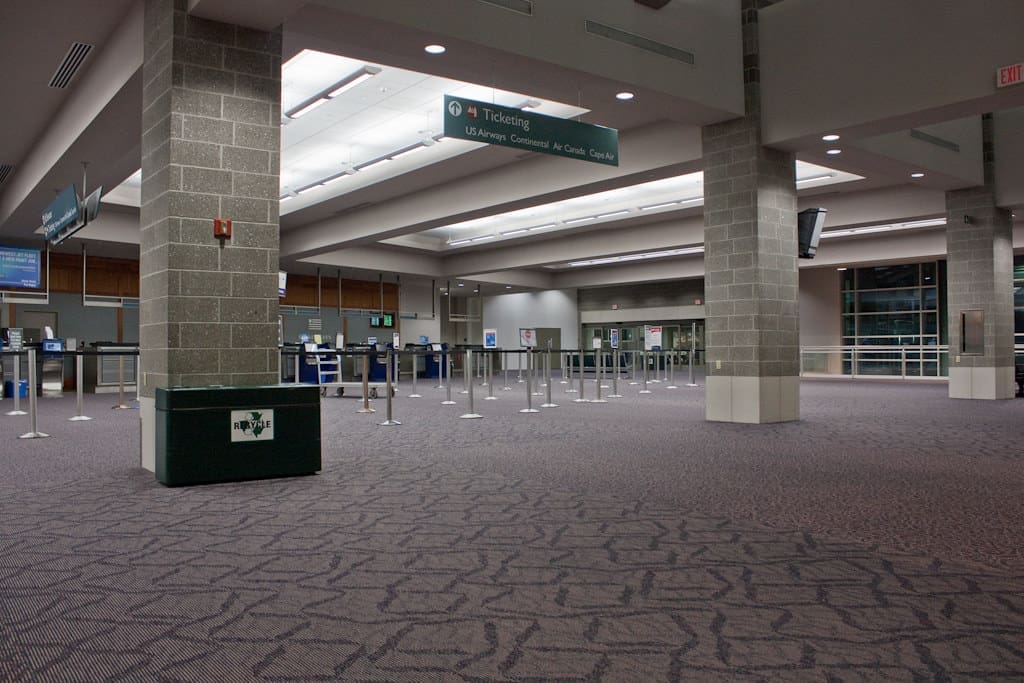Community
211 – Essential Community Services | United Way 200 – Get help paying bills, finding food, and locating other resources near you. Call 211 now for confidential help from a caring expert.
Cell Phone Drive To Support Victims of Domestic Violence
Drop off Your Old Cell Phones at the Central Rhode Island Chamber
3288 Post Road, Warwick
The Central Rhode Island Chamber of Commerce is partnering with the Elizabeth Buffum Chace Center (EBC Center) to collect used cell phones from the community. Your generous donation will be used to help victims of domestic abuse.
Donated cell phones will be given to victims of domestic abuse. The 911 emergency number will be programmed into these phones and, in case of emergency, the used will need only to press one button to be connected to the police or emergency services. Other phones will be sent to Shelter Alliance, where they’ll be recycled in return for monetary compensation for the EBC Center.
The EBC Center serves Central Rhode Island and offers safe shelter and other services that are devoted to helping victims of domestic violence. Domestic abuse affects women and men of all ages and backgrounds – teenagers and the elderly, rich and poor, the highly educated and the unskilled. Domestic violence hurts the entire family and everyone in the community. It destroys lives, taxes our medical system, uses legal and police resources, affects productivity in the workplace and schools, and most sadly, damages the hearts and minds of innocent children who witness violence or are victims themselves. And it happens every day, in every neighborhood in Rhode Island.
The goal of the Elizabeth Buffum Chace Center is “to end participation in, and societal tolerance of, domestic violence. We foster an environment of safety and learning in a family oriented center. We reflect the growing diversity of American families in the composition of our board, staff and volunteers.”
To that end, the EBC Center offers:
— 24-hour crisis hotline
— safe shelter
— counseling
— child services
— court advocates
— community outreach
— education
— support groups
— violence prevention programs
For additional information, call the Elizabeth Buffum Chace Center at 401-738-1700
Energy Efficiency Incentives | Assessments | Rebates

- Residential
- Commercial – Small Business, Large Business, Multifamily, New Construction & Major Renovations | Heating – Colling – Lighting – EV Charging Stations – Cogeneration/ CHP – Kitchen Equipment – Special Equipment – Connected Solutions
Rhode Island State Departments and Agencies
RI Emergency Management Agency
RIEMA’s primary mission has been to reduce the loss of life and property and to protect Rhode Island’s infrastructure from all types of dangers through a program of mitigation, preparedness, response and recovery.
Education
Local Schools

Working Together For Our Kids
The Rhode Island Department of Education is committed to ensuring equity in education and creating conditions for every student to think critically and collaboratively and act as creative, self-motivated, culturally and globally competent learners.
Driver Education – Statewide
Driver Education – Registration, Permit, License, Course Schedule
from the Course Schedule page select “CWCE” prior to the season and you will see Drivers Education as a course selection
Educational Resources
EnrollRI – Find Your Future
A one-stop enrollment platform that helps families to understand their options and seamlessly apply for the programs that best meet their children’s needs.
Mentor Rhode Island
– Enhancing the lives of Rhode Island youth through Mentoring
Mentor Rhode Island
IT’S ALL ABOUT RELATIONSHIPS
It’s our mission to ensure youth have access to the motivational and supportive relationships they need to grow into confident, successful adults.


A FREE RESOURCE CENTER
We offer free services to students and parents preparing, planning, and paying for your educational journey.
RISLA’s College Planning Center (CPC) is a free service dedicated to helping students gain access to higher education. Each year, the CPC helps thousands of students and families plan for attending and paying for college.
Reminder: We have moved to Chapel View, Cranston.

We Are
RISLA is a non-profit State agency offering students and families nationwide college planning services, low-cost student loans, scholarships, and student refinancing options. RISLA has been a non-profit state agency providing affordable education solutions since 1981. We offer free college planning services and scholarships to Rhode Island residents and offer employer student loan repayment services, low-cost student loans, and student refinancing options to students and families nationwide.
We are with you every step of the way on your education journey.
Educational Programs, Camps, Birthday Parties

Job Seekers
Are you interested in changing career paths but aren’t sure where to start? Have you lost your job and are looking for a fresh start? Kickstart a new career by enrolling in a job training program. Rhode Island offers several workforce development solutions & resources to help you on your journey.
Job Seeker Resources at RI DLT
- Current Minimum Wage
- Quarterly Census of Employment & Wages
- Independent Contractor Information
- Independent Contractor Form DWC-11-1C File Online
- How To Claim Unemployment FAQs
- TDI/TCI – Temporary Disability/Caregiver Insurance
Level up Your Career With Free or Reduced Cost Career Training Programs!
Whether you’re looking for a new job or want to advance your career, the DLT and our partner organizations offer free or reduced cost training programs that can help you reach your goals. These programs are designed to be flexible and convenient, so you can fit them into your busy schedule. So what are you waiting for? Contact us today to learn more!
Transportation & Healthy Aging Services

Public Transportation
As the public transportation provider for the State of Rhode Island, the Rhode Island Public Transit Authority (RIPTA) offers a variety of services and programs to meet the transit needs of residents and visitors to our State. These services are outlined in the Guide to RIPTA Services. You can also get more information at http://www.ripta.com.
RIPTA BUS ACCESSIBILITY Click for the following details
- Things To Know Before You Go
- Additional Access Information Regarding RIPTA Buses
- Boarding the Bus Using the Lift or Ramp
- Exiting the Bus Using the Lift
BUS PASS PROGRAM FOR SENIORS AND PEOPLE WITH DISABILITIES


Final Preparations
Funeral Homes and Cremation Services
Florists
Dept. of Veterans’ Affairs | Includes links to VA Benefits and health care 1-800-698-2411







